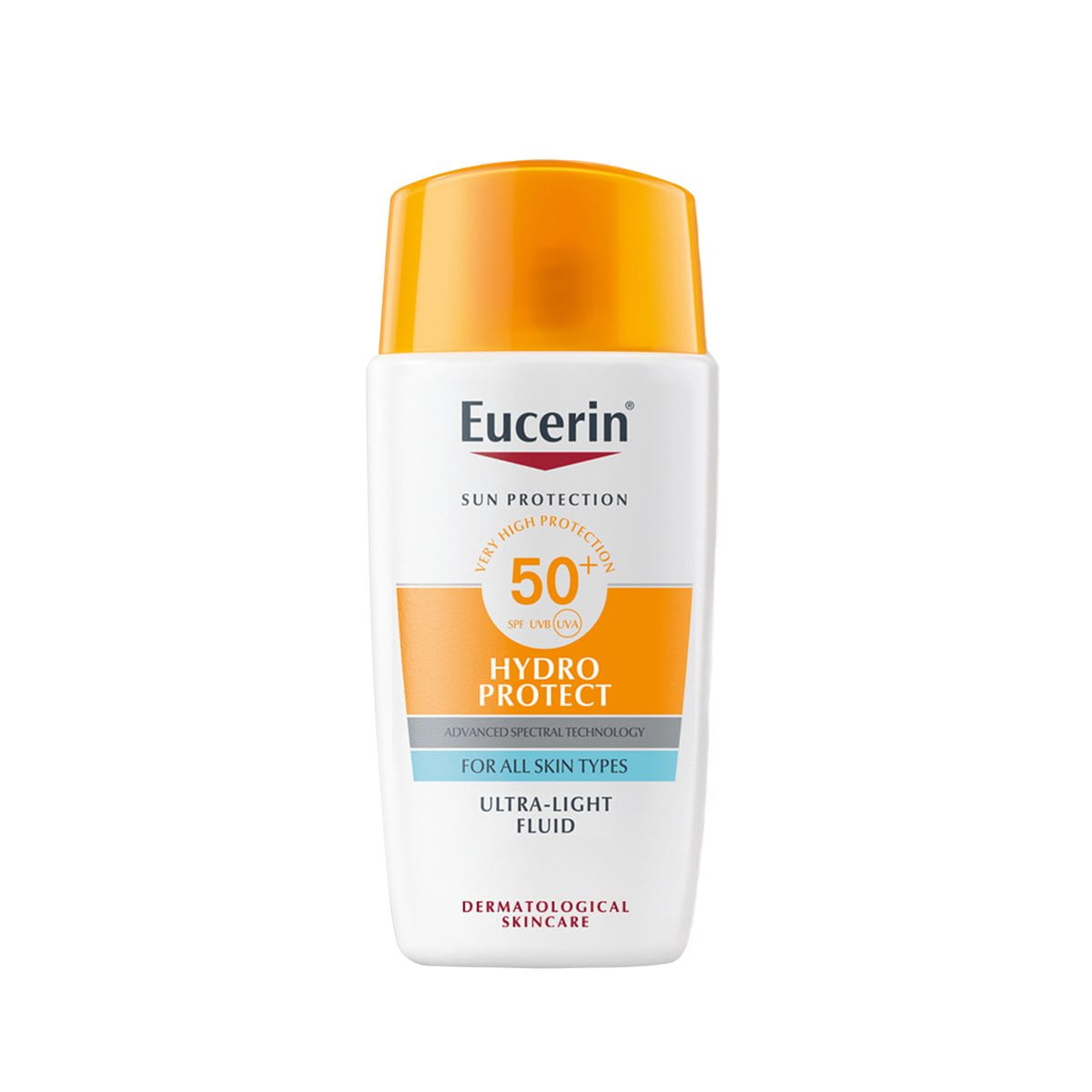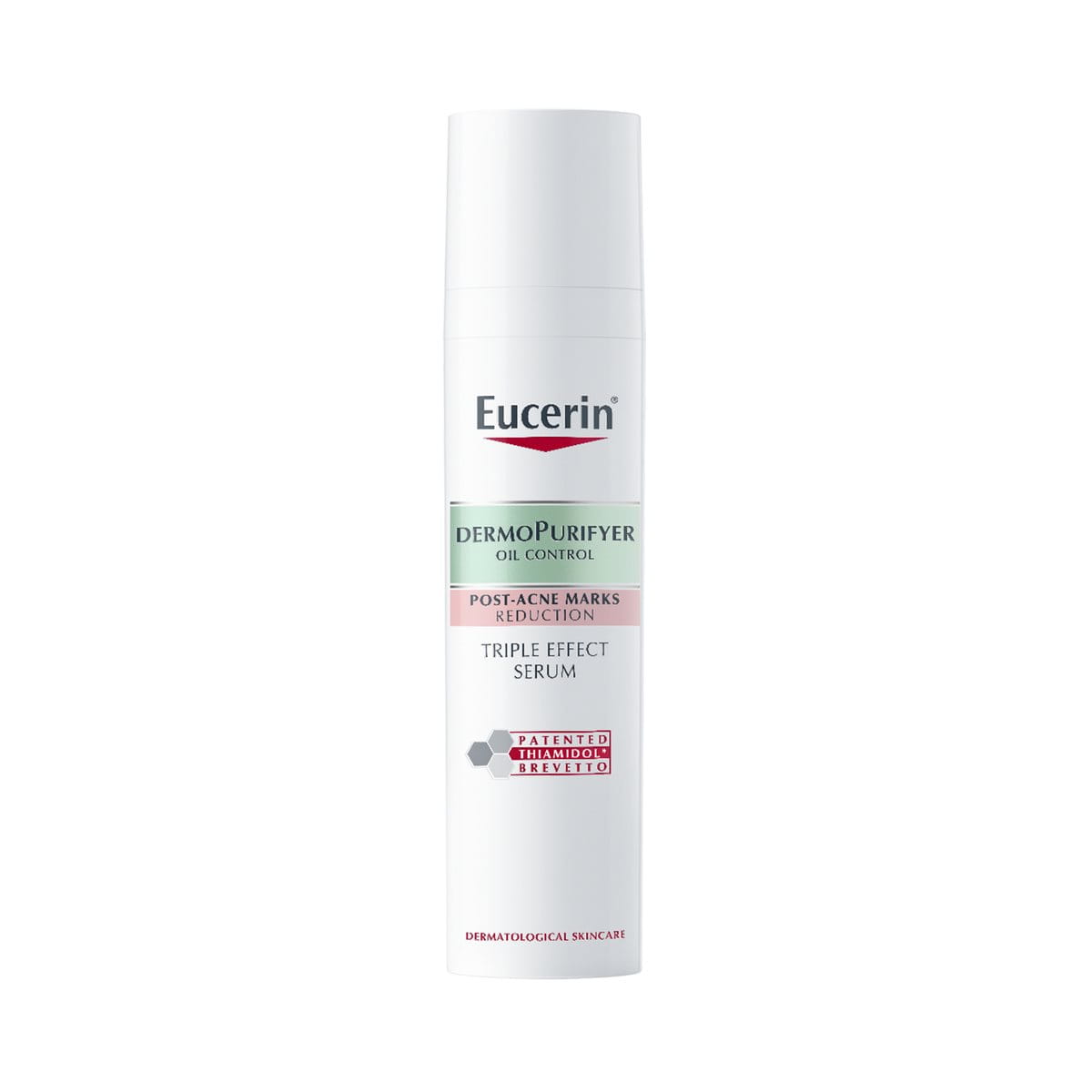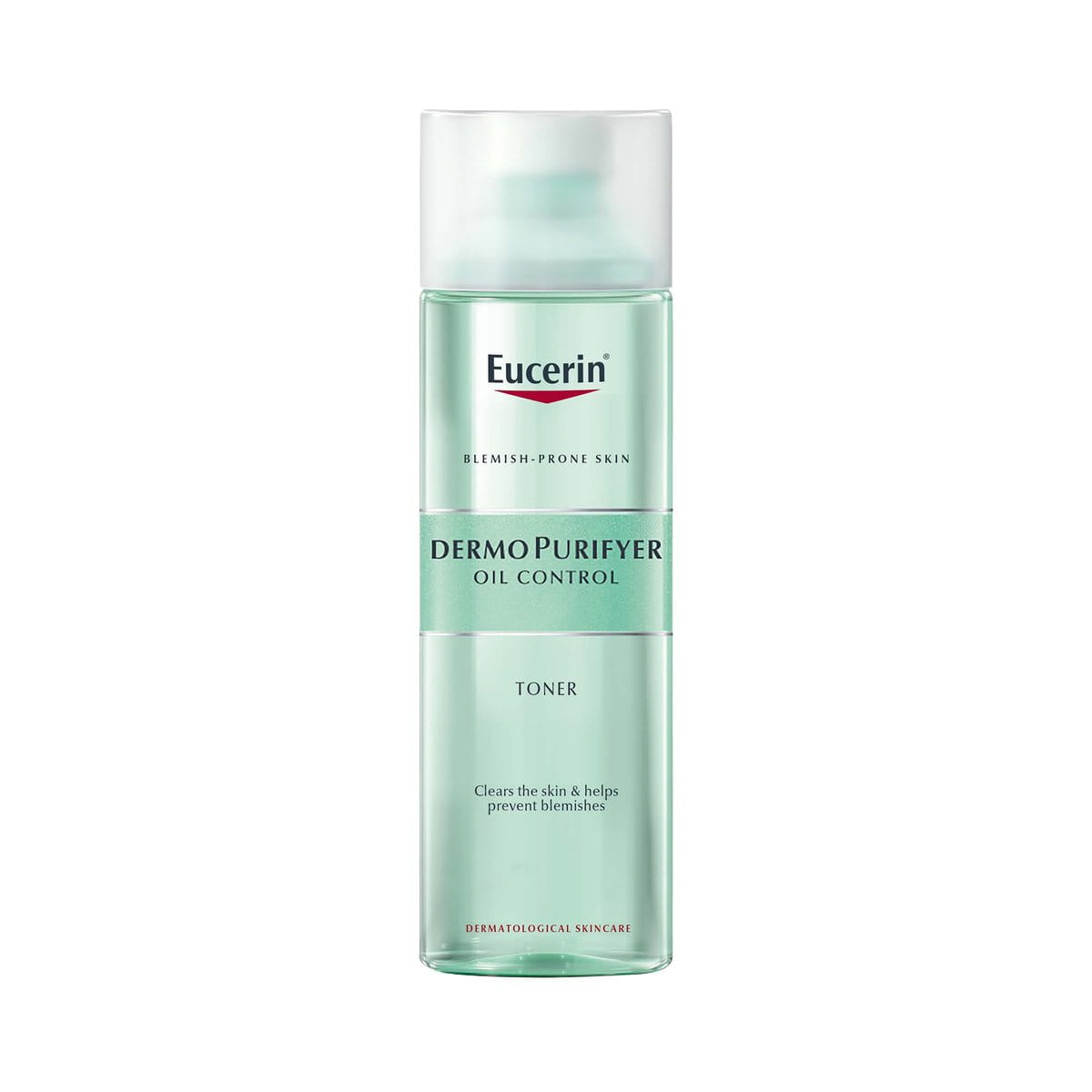Skin, being the largest organ in our body, although resilient, can also find itself plagued with issues. Dermatological skin problems are highly prevalent in health challenges worldwide. More so, that it can affect approximately 1.8 billion people at any point, stated a WHO study.
However, differentiating between the types of skin diseases and understanding their causes can help you learn practical approaches to address these effectively. Allow us to detail the nuances of dermatological skin issues in the article below.
Keynotes:
- Skin problems are a major concern worldwide, encompassing acne, eczema, pigmentation and more.
- All of these types of skin problems have multifaceted causes, which may range from genetics, environmental factors, underlying medical conditions, hormonal issues, etc.
- Understanding these nuances can help you identify the concern promptly and seek professional help for targeted treatment.
- Effective skincare routine, lifestyle changes and consistent treatment can help manage the conditions in the long term.






